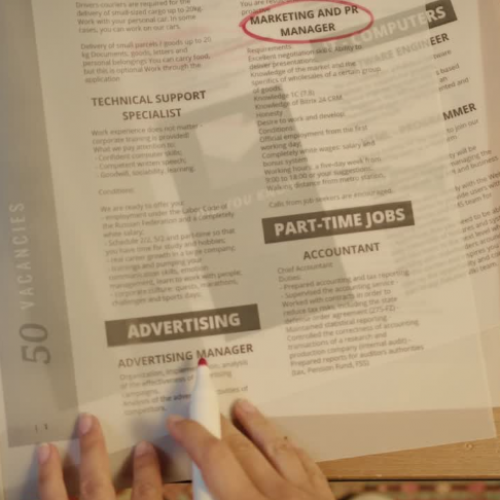What is a green job?
We think that any job that directly benefits our environment is a green one.
If you work in the private sector for a sustainability focused business–from rooftop solar companies and electric heat pump servicers to your local farmers market–you have a green job.
If you work in government or with a nonprofit organization and you are responsible for caring for a public place, organizing your community to take climate action, or centering voices and experiences that have for too long been marginalized, you have a green job.
Even if you think that you don’t have a green job at all, trust there are plenty of ways to effect change and make your job greener. Updates on those fronts coming soon to our website!
Are green jobs really the present and future for Winston-Salem?
With passage of the Bipartisan Infrastructure Law and the Inflation Reduction Act, the federal government has made it clear to the American people that a more just, resilient, and sustainable economy has arrived. According to a recent report published by Climate Power, clean energy companies have announced more than 100,000 new clean energy jobs since August of 2022. And here in North Carolina, we have seen $4.7B worth of green business investment and 4,100 new green jobs created in our state in just the past few months alone.
But in order to leverage these investments at the pace that science and justice demand, we will need so many more HVAC technicians, journeyman electricians, clean technology entrepreneurs, electric vehicle manufacturers, and public servants to care for our public goods, to name just a few foundational green jobs.
Perhaps most importantly, this green economic era will ensure that the jobs we want and need are right here in the Triad. People who want to care for this region, and earn living wages while doing so, won’t need to leave our state for distant cities. At the end of the day, green jobs are all about strengthening ties with our natural environments, our communities, and our families.
How are climate change and environmental injustices affecting the Greater Winston-Salem area?
According to Climate Impact Lab, North Carolinians in the year 2080 will likely experience an average of 31 more days with temperatures above 95℉, when compared to the state in 2005. That’s an astonishing shift, and such consistently high temperatures will place our neighbors, our animal and plant communities, and our built environments under significant stress. This is just one of the many reasons why we need thousands of green jobs. After all, only as a collective can we drastically cut carbon and methane emissions and build more resilient, people-focused infrastructure.
And while climate change and pollution affects us all, it does not do so equally, which is why equity and justice must always be front and center in our collective response. From climate fueled wildfires at Pilot Mountain State Park and corporate negligence at the Weaver Fertilizer Plant to overburdened communities living near our highways and interstates, it is very clear how and where our resources should be focused.


